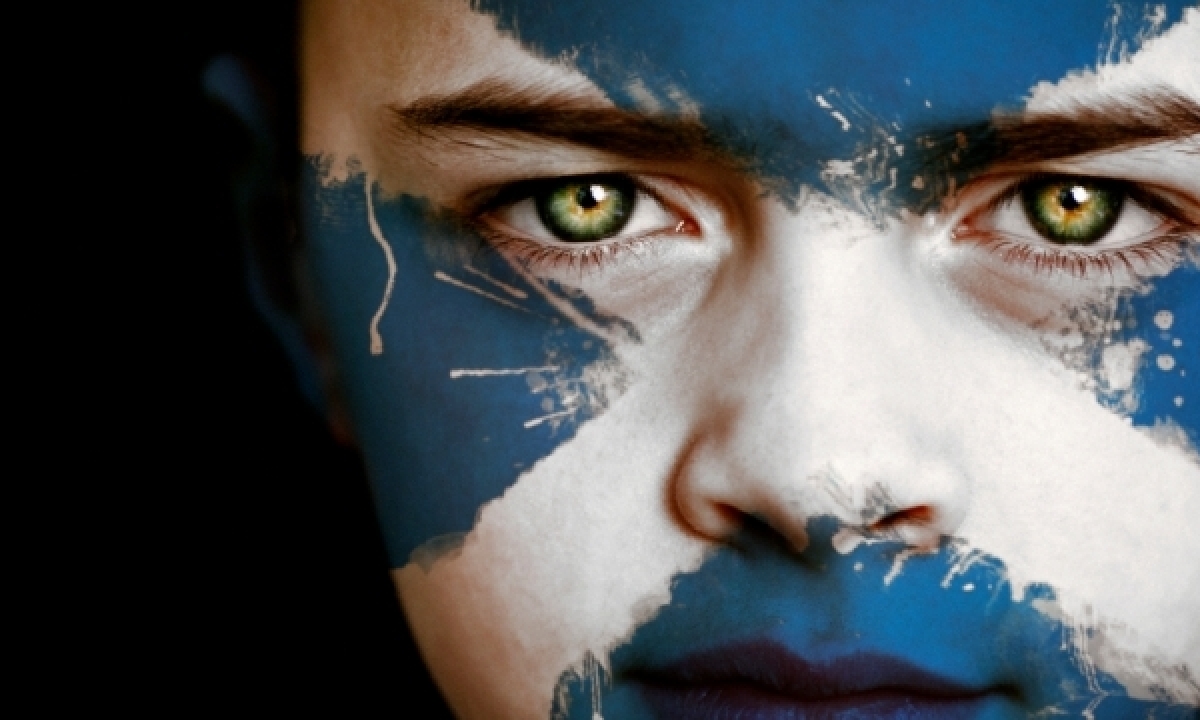On January 30, the anniversary of the death of Mahatma Gandhi, the International School Day of Non Violence and Peace is held. This year we remember the nine quotes some students gathered last year to make us think about the importance of celebrating PEACE.
English at Padre Feijoo
30 ene 2022
28 dic 2021
30 nov 2021
November 30th is celebrated across Scotland as Saint Andrew’s Day and is also a national holiday in Scotland. Despite having never stepped foot in Scotland while alive, Saint Andrew is the patron saint of Scotland as well as of Greece, Romania, Russia, Poland, Ukraine, the Ecumenical Patriarchate of Constantinople and Saint Andrew, Barbados!
According to the Christian religion, Saint Andrew, whose name means ‘strong,’ was originally a Galilean fisherman and one of the first disciples of Jesus Christ. He was the brother of Saint Peter, the founder of the Christian Church and spent many years preaching the Gospel. When he died, his relics were sailed across the sea from Greece and buried in Scotland, in a town now called Saint Andrew’s. The Scottish flag is even inspired by Saint Andrew and is called the Saint Andrew’s Cross.
On Saint Andrew’s Day schools across Scotland hold special events to celebrate, such as meals, singing, dances, storytelling and Scottish poetry readings. The day is often celebrated with family and friends with traditional Scottish food (like ‘haggis, neeps and tatties’ – which is a dish of haggis, turnips and potatoes) and traditional Scottish music such as the bagpipes or the clarsach (which is a small harp). People also host ceilidhs which are Scottish country dances which often go on late into the night.
Saint Andrew’s Day is a significant part of Scottish culture and over the years has become a part of Scotland’s identity.
Source: http://learnenglishteens.britishcouncil.org/magazine/life-around-world/saint-andrews-day
Listen to Alex and Ledicia telling us about this celebration!
Listen to Alex and Ledicia telling us about this celebration!
11 nov 2021
HOW MUCH DO YOU KNOW ABOUT REMEMBRANCE DAY?
What about watching the video below to start? Click on the image to find out more.
Remembrance Day is on 11 November and is also known as Armistice Day. It marks the day World War One ended, at 11am on the 11th day of the 11th month, back in 1918.
Nowadays, people remember those who were lost in the war by holding a two-minute silence and by wearing a red poppy. But, why poppies?
Poppies are used to remember those who have given their lives in battle because they are the flowers which grew on the battlefields after World War One ended as described in the World War One poem In Flanders Fields. Follow Charlie Brown and Snoopy in their journey of discovery.
Traditionally, people have always worn red poopies to remember the dead on war conflicts. However, nowadys poppies can be of different colours.
15 oct 2021
MEET TIM
Hello everyone,
We want you to meet Tim. He is very good at teaching pronunciation and he can be of great help.
If you click on the image below, you'll be redirected to the BBC Learning English Pronunciation webpage, where Tim uploads lots of interesting and useful videos on pronunciation. You will also find many games and quizzes, which are a good and entertaining way to revise what you've learnt.
So, why don't you give it a try?
Suscribirse a:
Entradas (Atom)







